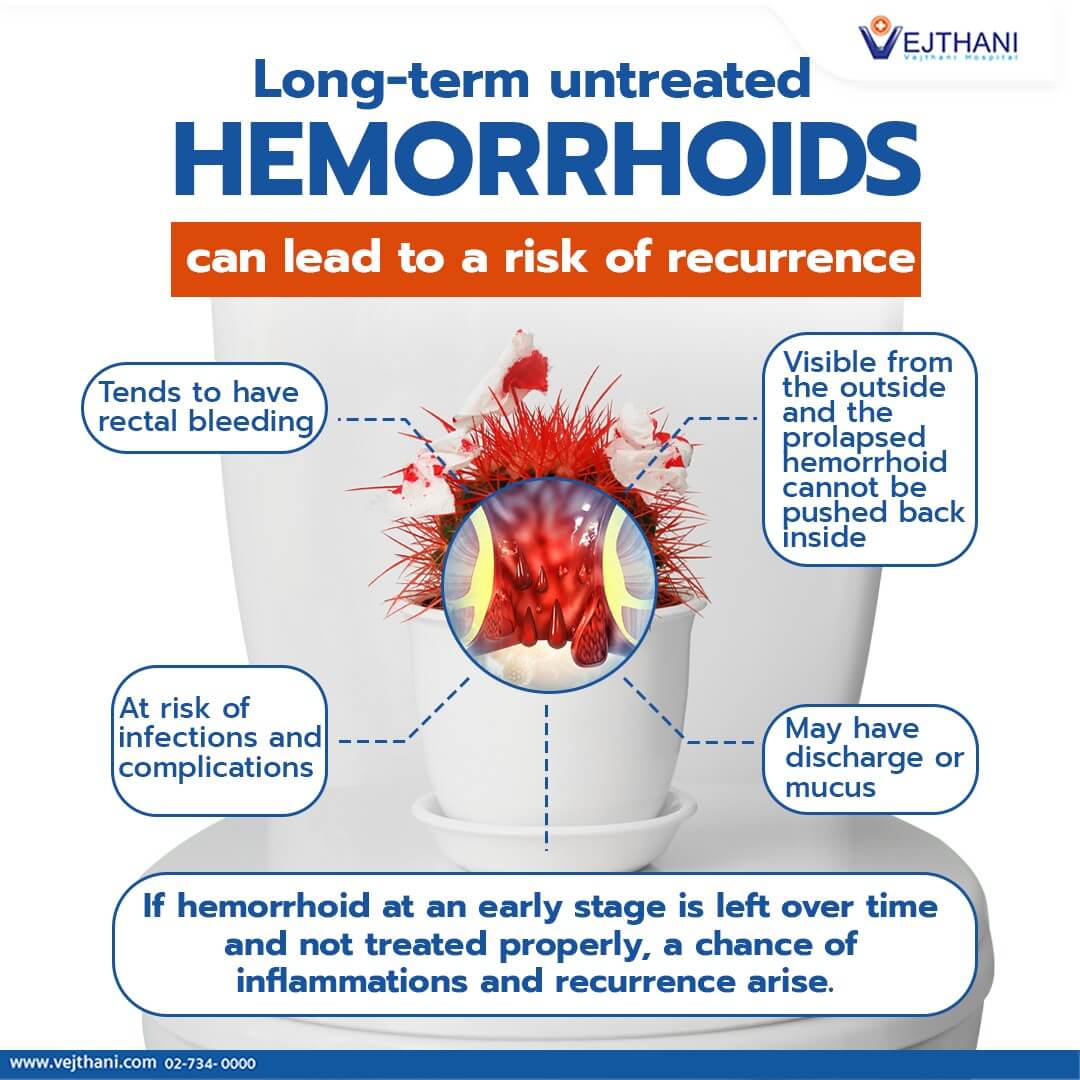
Long-term untreated Hemorrhoids can lead to a risk of recurrence – Vejthani Hospital
Although hemorrhoid does not seem like a dangerous disease, it creates a nuisance when defecating and itches during the day. There is a chance of inflammations and for symptoms to occur again if a hemorrhoid is left untreated for a long time or treated improperly.

External hemorrhoids: Treatment, pictures, symptoms, and causes Medical News Today
An external hemorrhoid is a hemorrhoid that occurs outside of the body in the veins around the anus. Learn more about the symptoms, causes, and treatments here.

Colonoscopy Vienna: Understanding Minor Rectal Bleeding
If youre suffering from minor rectal bleeding, you may have polyps, among other issues. A doctor can diagnose the issue at hand, and offer a treatment.

Hemorrhoids and What to do About Them | GI Associates
A good bowel movement should be a relaxing affair, with little straining and a satisfying outcome. Seeing blood in your stool or experiencing itching and…
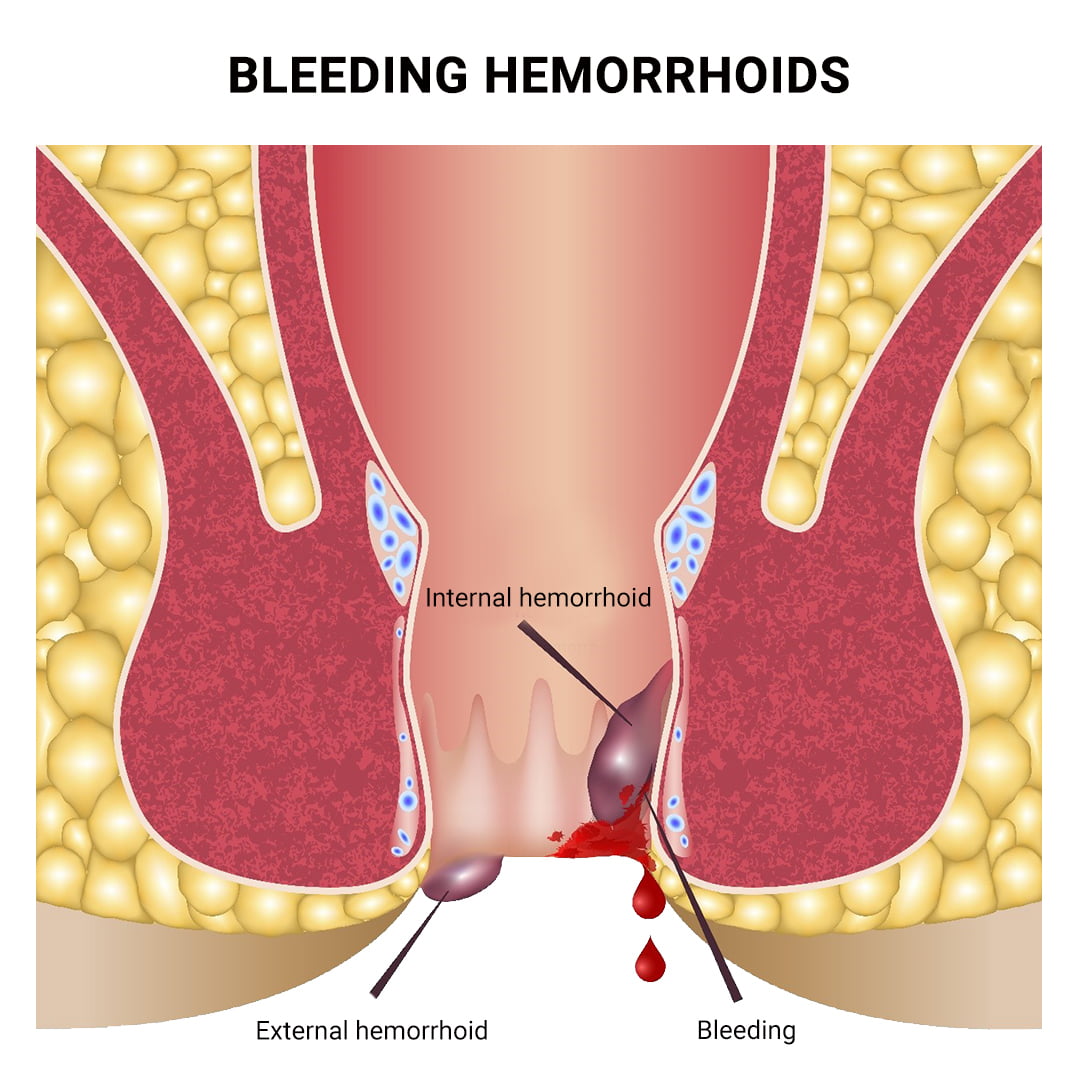
Bleeding Hemorrhoids: When to See a Doctor – Manhattan Gastroenterology
Although most hemorrhoids are minor and can be treated at home, they require professional attention occasionally. Here are some pointers to help you decide when to treat at home and when to see your doctor.

Help, I Have Hemorrhoids! – The Amino Company
So, what are hemorrhoids, anyway? Swollen veins in or around the rectum, these lumps can cause a great deal of discomfort and frustration. According to the Mayo Clinic, three out of four adults will suffer from hemorrhoids at one time or another.

Symptom: Rectal Bleeding – Isabel Healthcare search
Rectal bleeding, or bleeding for the bottom, has many possible causes, and you can read about them in this 1 Minute Read blogpost.
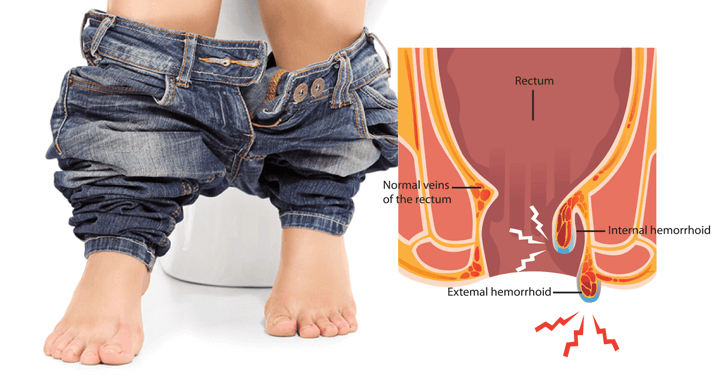
Rectal Bleeding Causes + 5 Natural Home Remedies – Dr. Axe
If youve been pooping blood recently, hopefully you havent been ignoring it. Minor rectal bleeding can be treated with a natural remedy.
:max_bytes(150000):strip_icc()/GettyImages-928522936-9f3b413e50fd4e5dbbb59d52f25fe836.jpg)
Hemorrhoids: Types, Symptoms, Causes, Diagnosis, Treatment and More
Hemorrhoids are painful and annoying, but in many cases can be prevented with the right combination of lifestyle changes.
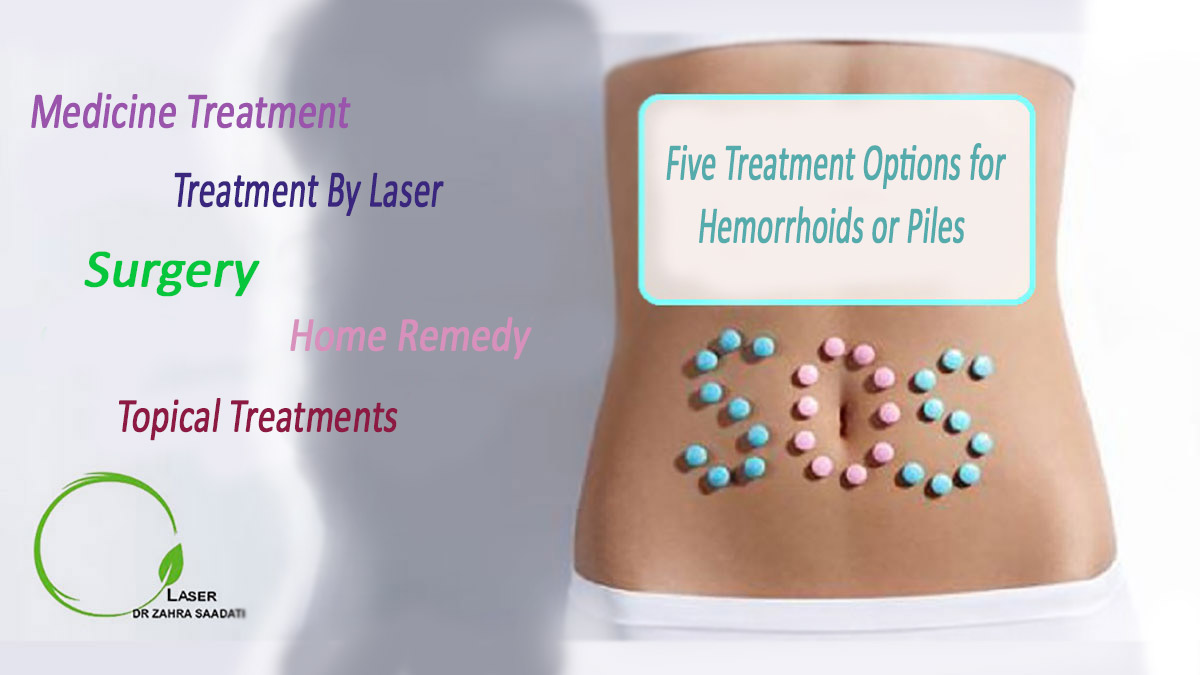
Five treatment options for hemorrhoids or piles
5 methods of treating hemorrhoids or piles, Dr. Saadati, with more than 15 years of experience in treating hemorrhoids, explains about piles.

Hemorrhoids
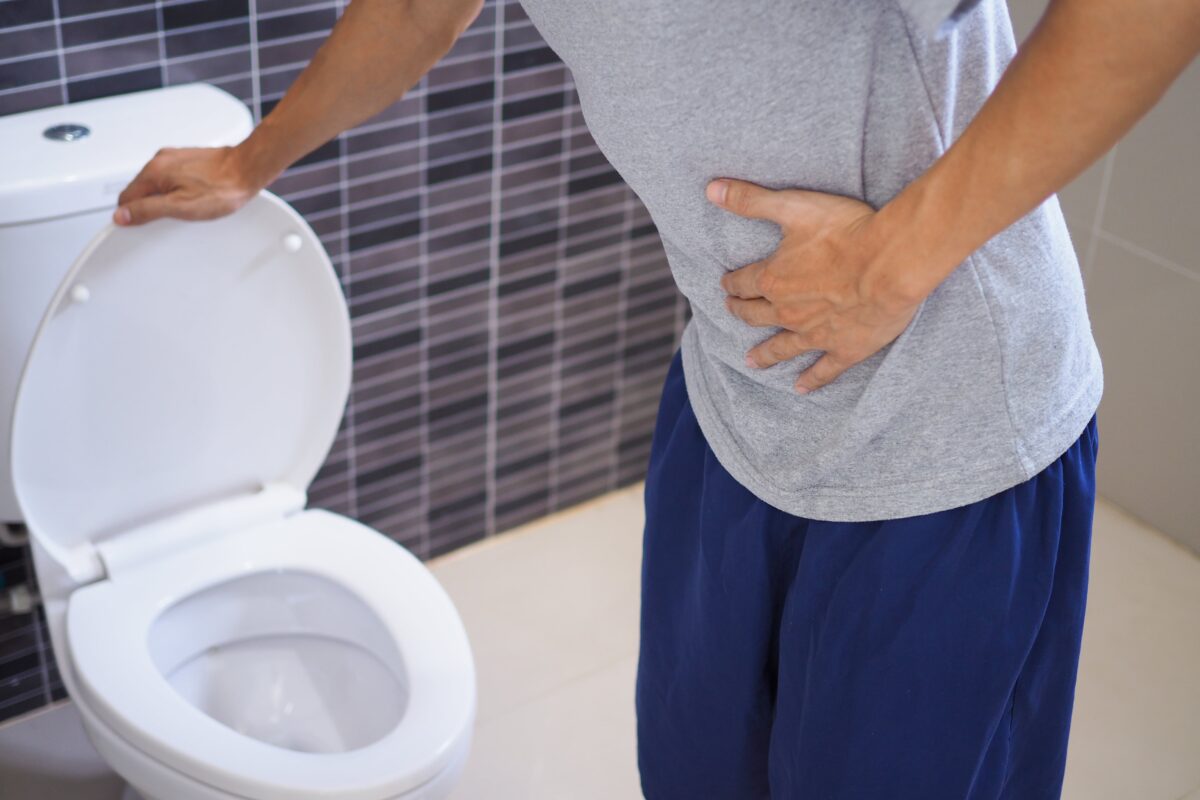
Blood in Stool: 4 Main Causes, 1 Cause Might Be Colorectal Polyps or Cancer
Does blood in stool always indicate a health red flag? Seeing blood in the toilet bowl can be …

Characteristics of hemorrhoids (piles)|Official Brand Site
This is the Amato Pharmaceutical Products, Ltd. official BORRAGINOL brand site. Here youll find information on products to relieve the symptoms of specific types of hemorrhoids such as blind piles and bleeding piles. You can also learn about how the rectum works and other information on hemorrhoid symptoms.
:max_bytes(150000):strip_icc()/GettyImages-458222305-578cfd2c5f9b584d20df1817.jpg)
Why Do I Have Blood in My Stool?
Blood in your stool (hematochezia) can be alarming. Learn about the causes and symptoms of bloody stools and rectal bleeding and when to see a doctor.
Hemorrhoids Symptoms & Types | Granite Peaks Gastroenterology of Utah
Learn about the most common symptoms of hemorrhoids, types of hemorrhoids, and when you should see a doctor.

Hemorrhoids: causes, treatment, and surgery | NHK健康チャンネル
Hemorrhoids can either be bleeding hemorrhoids or internal and external hemorrhoids. Hemorrhoids occurs when veins located around the anus or in the lower rectum (anal cushion) are swollen. It causes pain, and could bleed. Here we explain it causes an

Understanding the Causes of Blood in Stool (Rectal Bleeding) – YouTube
This video contains a visual explanation of the causes of rectal bleeding, aimed at helping students of medicine and healthcare professionals prepare for exa…

Hemorrhoids Information | Mount Sinai – New York
Learn about Hemorrhoids, find a doctor, complications, outcomes, recovery and follow-up care for Hemorrhoids.

When your colonoscopy reveals that you have diverticulosis, hemorrhoids, or both – Harvard Health
Many people have diverticulosis and hemorrhoids without symptoms. Diverticulosis becomes a problem if the small pockets in the colon bleed or become infected. Hemorrhoids cause symptoms if they become enlarged.

Rectal Bleeding Causes and What to Do About It – Cleveland Clinic HealthEssentials-Logo email email Left Arrow Right Arrow
Rectal bleeding is a common experience, ranging in severity, with many possible causes. Treatment varies based on where the blood is coming from and what other symptoms you’re experiencing.
Why do hemorrhoids bleed?
To know more about Hemorrhoids treatment visit Dr. Patta Radhakrishna at Chennai
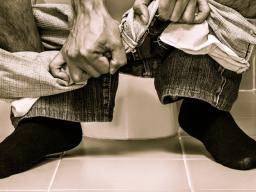
Hemorrhoids: Causes, treatments, and prevention Medical News Today
Hemorrhoids, or piles, are common irritations around the rectum and can be extremely painful. Learn about what causes hemorrhoids, how to avoid them, home remedies, and when to see a doctor.

Hemorrhoids Signs & Symptoms | Internal vs. External Hemorrhoid Symptoms | Hemorrhoidal Disease – YouTube
Hemorrhoids Signs & Symptoms | Internal vs. External Hemorrhoid Symptoms | Hemorrhoidal DiseaseHemorrhoidal disease involving issues with internal and extern…
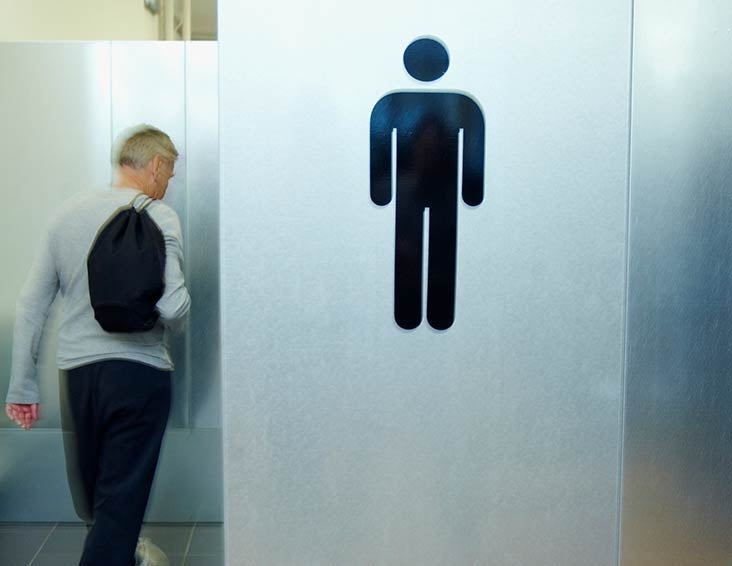
What Do Hemorrhoids Look Like: Types and More Healthline
There are four types of hemorrhoids: internal, external, prolapsed, and thrombosed. Find out what they look like and more.
UpToDate
{{configCtrl2.metaDescription()}}

Help for hemorrhoids – Harvard Health
More than 75% of people ages 45 and older have hemorrhoids with symptoms like rectal pain, itching, and bleeding after a bowel movement. They often shrink on their own when aided by simple self-help and over-the-counter remedies, but in some cases, in-office produces or minor surgery may be required.
Hemorrhoids: Background, Anatomy, Etiology and Pathophysiology
Hemorrhoids are swollen blood vessels in the lower rectum. They are among the most common causes of anal pathology, and subsequently are blamed for virtually any anorectal complaint by patients and medical professionals alike.

Reasons why you shouldnt ignore Rectal bleeding – Dr. Rajasekhar M R – YouTube
Rectal bleeding or bleeding while passing stools should not be known for three reasons, one is the commonest cause is piles there may be some other reasons l…
:max_bytes(150000):strip_icc()/89514240-56a191583df78cf7726c1376.jpg)
Bright Red Blood in Stool: Should I Worry?
Blood in the stool is not normal. Learn about the causes, treatment, and diagnosis of bloody stool.
Hemorrhoid Signs & Symptoms | CRH O’Regan System® | Rapid Relief Hemorrhoid Clinic Hemorrhoid Signs & Symptoms | CRH O’Regan System® | Rapid Relief Hemorrhoid Clinic
Learn the signs and symptoms of hemorrhoids, and how the CRH O’Regan system offers a fast, effective, safe and nonsurgical approach to hemorrhoid treatment.
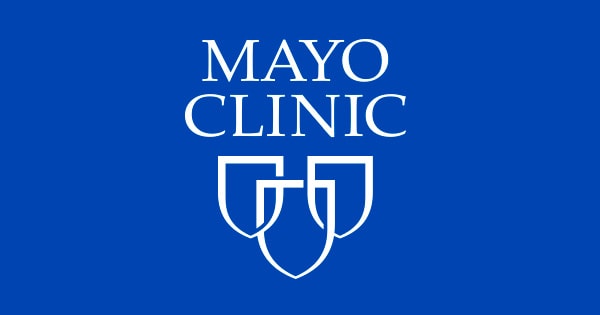
Hemorrhoids – Symptoms and causes – Mayo Clinic
There are many effective options for easing the discomfort of hemorrhoids — swollen veins in your anus and lower rectum.

Hemorrhoids: Diagnosis and Treatment Options | AAFP
Many Americans between 45 and 65 years of age experience hemorrhoids. Hemorrhoidal size, thrombosis, and location (i.e., proximal or distal to the dentate line) determine the extent of pain or discomfort. The history and physical examination must assess for risk factors and clinical signs indicating more concerning disease processes. Internal hemorrhoids are traditionally graded from I to IV based on the extent of prolapse. Other factors such as degree of discomfort, bleeding, comorbidities, and patient preference should help determine the order in which treatments are pursued. Medical management (e.g., stool softeners, topical over-the-counter preparations, topical nitroglycerine), dietary modifications (e.g., increased fiber and water intake), and behavioral therapies (sitz baths) are the mainstays of initial therapy. If these are unsuccessful, office-based treatment of grades I to III internal hemorrhoids with rubber band ligation is the preferred next step because it has a lower failure rate than infrared photocoagulation. Open or closed (conventional) excisional hemorrhoidectomy leads to greater surgical success rates but also incurs more pain and a prolonged recovery than office-based procedures; therefore, hemorrhoidectomy should be reserved for recurrent or higher-grade disease. Closed hemorrhoidectomy with diathermic or ultrasonic cutting devices may decrease bleeding and pain. Stapled hemorrhoidopexy elevates grade III or IV hemorrhoids to their normal anatomic position by removing a band of proximal mucosal tissue; however, this procedure has several potential postoperative complications. Hemorrhoidal artery ligation may be useful in grade II or III hemorrhoids because patients may experience less pain and recover more quickly. Excision of thrombosed external hemorrhoids can greatly reduce pain if performed within the first two to three days of symptoms.
HAEMORRHOIDS
What is piles ? Piles are swellings or swollen haemorrhoids that occur inside and around the anus, and along the anal canal. Haemorrhoids are masses, clumps, cushions of tissue full of blood vessels, support tissue, muscle and elastic fibers in the anal canal.
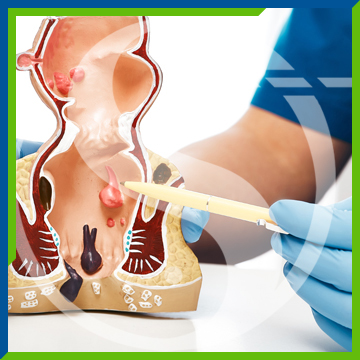
Hemorrhoid – Julide Sagiroglu MD Facs Assosciate Professor of Surgery
Hemorrhoid tissue is the painful condition which may involve bleeding, and occurs due to swelling of vascular structures located at the bottom end of rectum inside the duct, supported by connective tissue pads, resulting from various reasons. Internal hemorrhoids are vascular complexes on the dentate line, a mucosal borderline located at 2,5-4 cm distance from
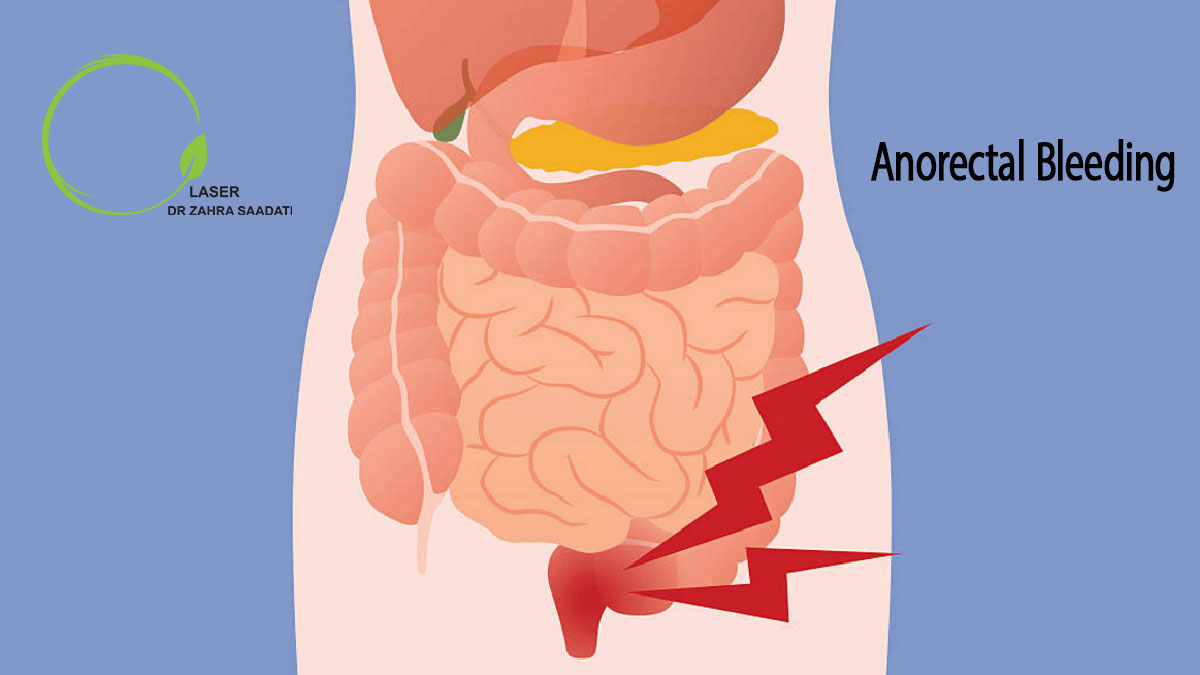
Anorectal Bleeding
anorectal bleeding in men and women can occur for a variety of reasons. You should not be careless to these symptoms.
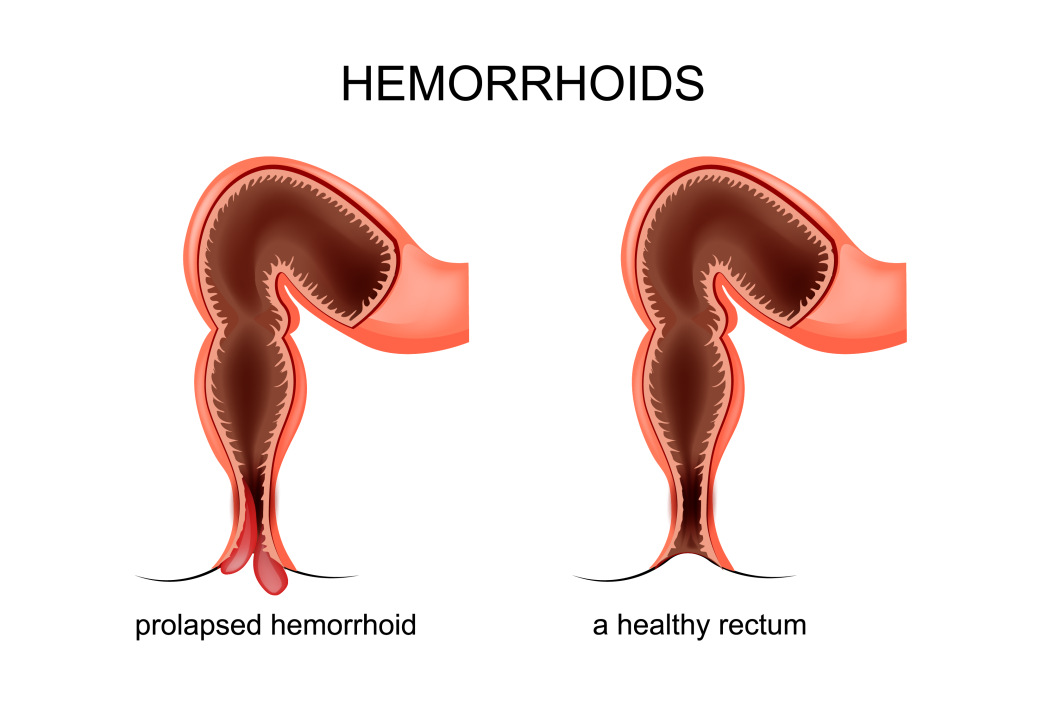
Piles or Hemorrhoids – Causes, Symptoms, Diagnosis and Treatment
Piles or Hemorrhoids swollen inside and around the lining of your buttocks or anal lining. They usually get better on their own after a few days.
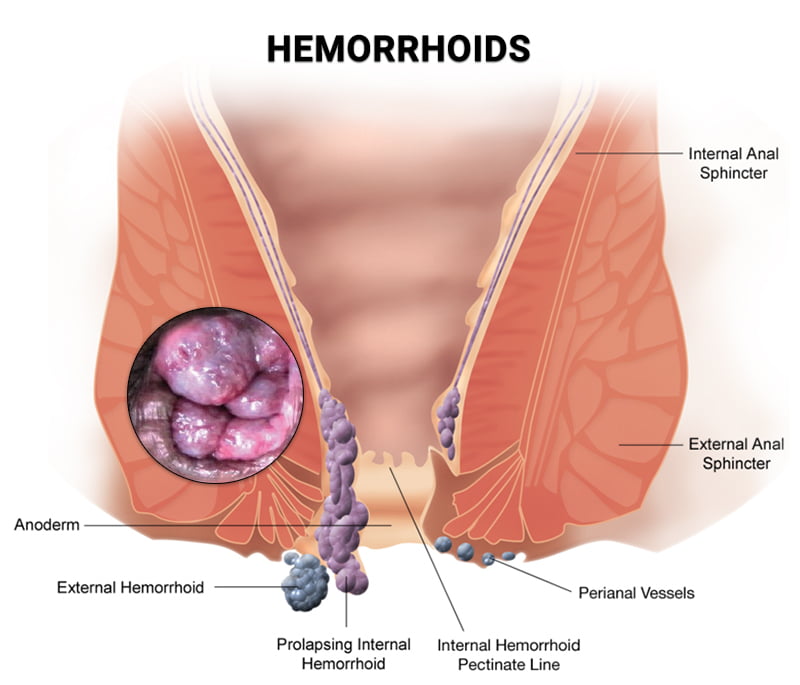
How Long Hemorrhoids Last & When to See a Doctor – Manhattan Gastroenterology
Hemorrhoids are a common condition, and a large population suffers from them due to several lifestyle and health factors.

Hemorrhoids and what to do about them – Harvard Health
Diagnosis and simple treatments to help ease the pain and trouble associated with hemorrhoids (piles), usually caused by increased pressure due to pregnancy, overweight, or straining during bowel movements.
Hemorrhoid Bleeding | Causes & Solutions | HemorrhoidAnswers
Hemorrhoidal bleeding is a possible side effect patients may experience with internal or external hemorrhoids. Learn more about symptoms and how to treat them.

Haemorrhoids (Piles): Symptoms and Causes | Bupa UK
Haemorrhoids (piles) are enlarged blood vessels that you can get inside or around the opening of your bottom (anus). It’s normal to have blood vessels in your anus. But piles can develop if these blood vessels become enlarged. Read more about the symptoms and treatment of piles here.
Hemorrhoid Bleeding | Causes & Solutions | HemorrhoidAnswers
Hemorrhoidal bleeding is a possible side effect patients may experience with internal or external hemorrhoids. Learn more about symptoms and how to treat them.

